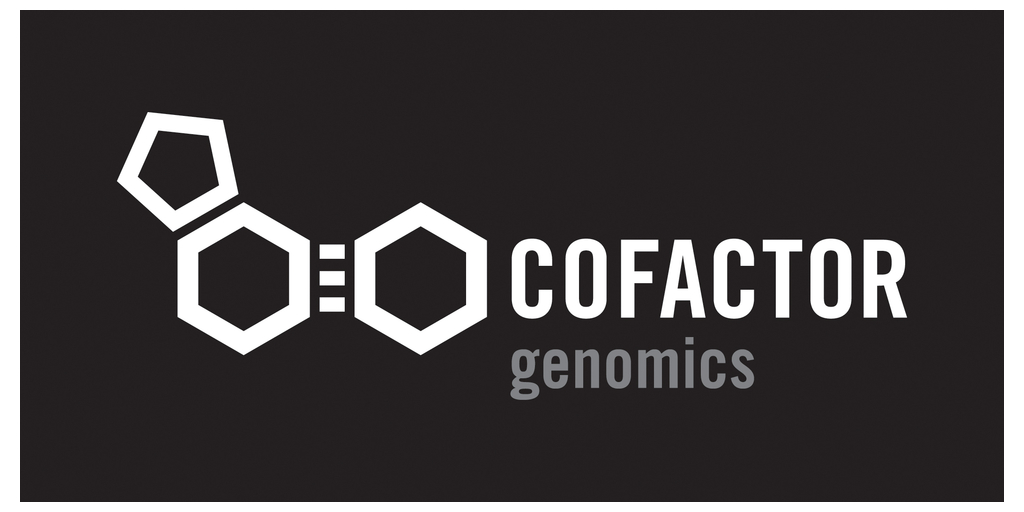ST. LOUIS--(BUSINESS WIRE)--Cofactor Genomics, Inc., a clinical-stage company bridging the precision medicine gap by decoding RNA, announced the publication of their PREDAPT clinical trial (NCT04510129) results in head and neck squamous cell carcinoma (HNSCC). The publication describes the clinical validity and utility of OncoPrism-HNSCC, a Medicare-reimbursed test that predicts benefit from immune checkpoint inhibitors (ICI).
The multicenter study reports a 300% improvement in specificity over PD-L1 CPS and a 400% improvement in sensitivity over Tumor Mutational Burden (TMB) in predicting patient benefit from ICI. PD-L1 and TMB fall short and have resulted in over-treatment and poorer outcomes for HNSCC patients. “The OncoPrism assay provides a new and important tool to help clinicians decide about treatment options for their patients with recurrent or metastatic head and neck cancer,” said Dr. Douglas Adkins, MD, head and neck oncologist and Professor of Medicine at Washington University School of Medicine. OncoPrism-HNSCC bridges the precision medicine gap by giving clinicians the data needed to make better treatment decisions.
The study, “Multicenter validation of an RNA-based assay to predict anti-PD-1 disease control in patients with recurrent or metastatic head and neck squamous cell carcinoma: the PREDAPT study,” was published in the Journal for ImmunoTherapy of Cancer. OncoPrism-HNSCC significantly predicted disease control and progression-free survival in patients from 17 healthcare systems who were treated with ICI either as a single agent or in combination with chemotherapy. In addition to demonstrating potential for improved patient outcomes, the study describes health economic benefits driven by ensuring more patients get the best personalized treatment.
“This study underscores how new molecular technologies continue to drive precision medicine. Cofactor’s Health Expression Models represent an emerging category of diagnostic technologies that use RNA expression paired with machine learning to directly measure the body’s immune response to cancer. These models can be used to better predict immunotherapy treatment response in cancer patients. Cofactor’s precision diagnostics enable precision medicine where other technologies lack sufficient diagnostic specificity,” said Dr. Eric Duncavage, MD, Cofactor Genomics’ Medical Director.
About Cofactor:
Cofactor Genomics is a clinical-stage diagnostics company bridging the precision medicine gap by decoding RNA to solve the biggest problems in healthcare. Unlocking RNA’s use as a transformational barometer of health is accomplished through Cofactor’s PRISM database of patented Health Expression Models (HEMs). HEMs are a departure from common and often uninformative gene mutation panel tests. HEMs represent the latest advancements in machine learning and RNA that transform billions of biological RNA data points to Cofactor’s high-dimensional RNA models of biology, disease, and therapy response.
Cofactor’s pioneering work in RNA modeling has been published in The Journal of ImmunoTherapy of Cancer, The Journal of Molecular Diagnostics, and recognized by Nature Scientific Reports as breakthrough work in cancer. Cofactor is supported and partnered with 38 healthcare systems, representing 20% of US healthcare. Cofactor’s OncoPrism is CAP/CLIA-validated and Medicare-approved. Learn more from www.cofactorgenomics.com and LinkedIn.
Contacts






